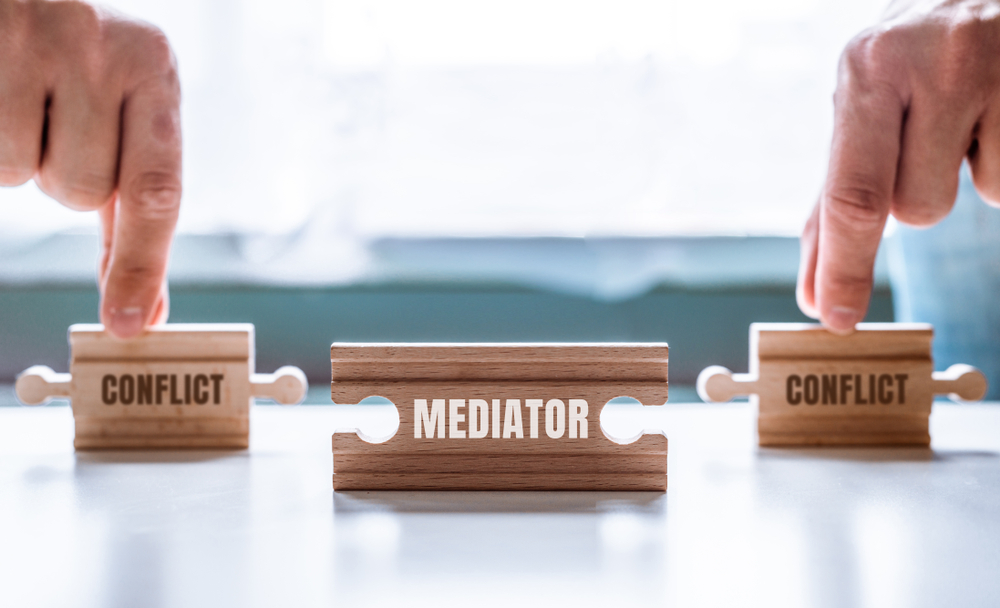Mediation is a form of alternative dispute resolution that has many advantages compared to litigation. There are reasons why this process of negotiating a resolution between two parties is becoming popularly successful. Here are ten things you should know about mediation.
1. Confidential
What is said in mediation stays in mediation. For e-belt and social media enthusiasts, do not text or post about mediation during or after mediation.

2. The mediator is impartial
The mediator will interpret the devil's advocate with both parties, but must be impartial.
3. Required by law
In 1988, Florida became one of the first states to require that all cases, with very few exceptions, be mediated in Florida. Compared to many states, the time from case filing to trial is quite short. Mediation is a great reason that is true. The judiciary boasts that the third branch of government operates with approximately 1% of the state budget. Mediation helps the judiciary save expenses and other resources. In federal court, the judge generally requires mediation in the scheduling order.
4. The settlement is binding
If the parties sign a duly prepared settlement agreement, the court will apply it against an offending party. In appropriate cases, the court may award attorneys' fees for the enforcement proceeding against the offending party.
5. No local location field advantage
Mediation is confidential and therefore there are no crowds of cheers. The mediator is impartial and is not swayed by the location of the mediation, usually at the attorney's office of one of the parties.
6. How a Florida Mediator is Qualified
While most states approach mediation a little differently, Florida is one of the national leaders in mediation and requires the Florida Supreme Court to certify mediators. It used to be a requirement that mediators be lawyers, but the Supreme Court removed that requirement a few years ago. Most attorneys are even more comfortable hiring attorneys / mediators, especially former trial attorneys who are intimately familiar with all aspects of litigation.Civil
7. Expenses involved in mediation
The mediator is paid hourly, as are attorneys in non-insurance cases. The mediator is always happy to be paid at the end of the mediation. Mediations generally last half a day (3-4 hours) or a full day (6-8 hours) depending on the complexity of the case. There is no way to predict exactly how long a mediation meeting will take.
8. Report of mediators to the court
After mediation, the mediator must file a report with the court that only says who was present and only whether or not the case was resolved. Confidentiality requires that the judge is not informed about the course of the negotiations.
9. You cannot win the case in mediation and resolve
Mediation is not a trial and no one will be declared the winner or loser. If one or both parties decide that the case should be resolved on its terms, it is likely to be at a standstill. If it's a party, come to mediation prepared to negotiate your position. Most lawyers will tell you that a good settlement is one in which neither side is particularly happy with the outcome, but both sides are delighted that the case has ended along with expenses, time commitment, stress , etc.
10. Stress
While mediation will be stressful, it's nothing compared to contemplating more litigation after impatient mediation, taking your statement for many hours, sitting in court, or testifying with a cross-examination in court. Doctors say that most illnesses are caused, at least in part, by stress. There are lawyers who agree on this. An attorney said that after many years as an active trial attorney, he encountered a heart condition that caused him to have a stroke with two years of disability before being able to return to his mediation practice.
No comments:
Post a Comment